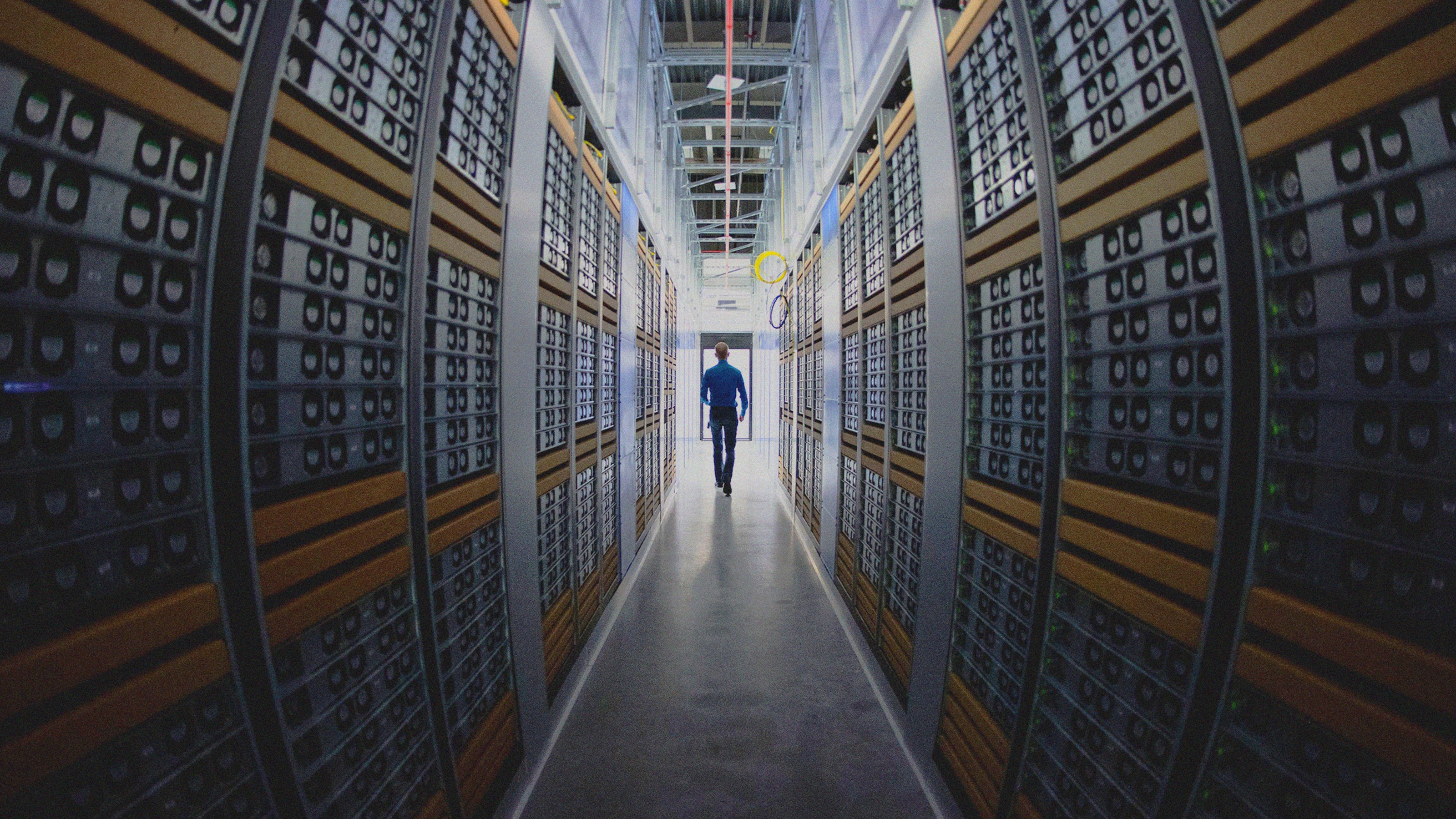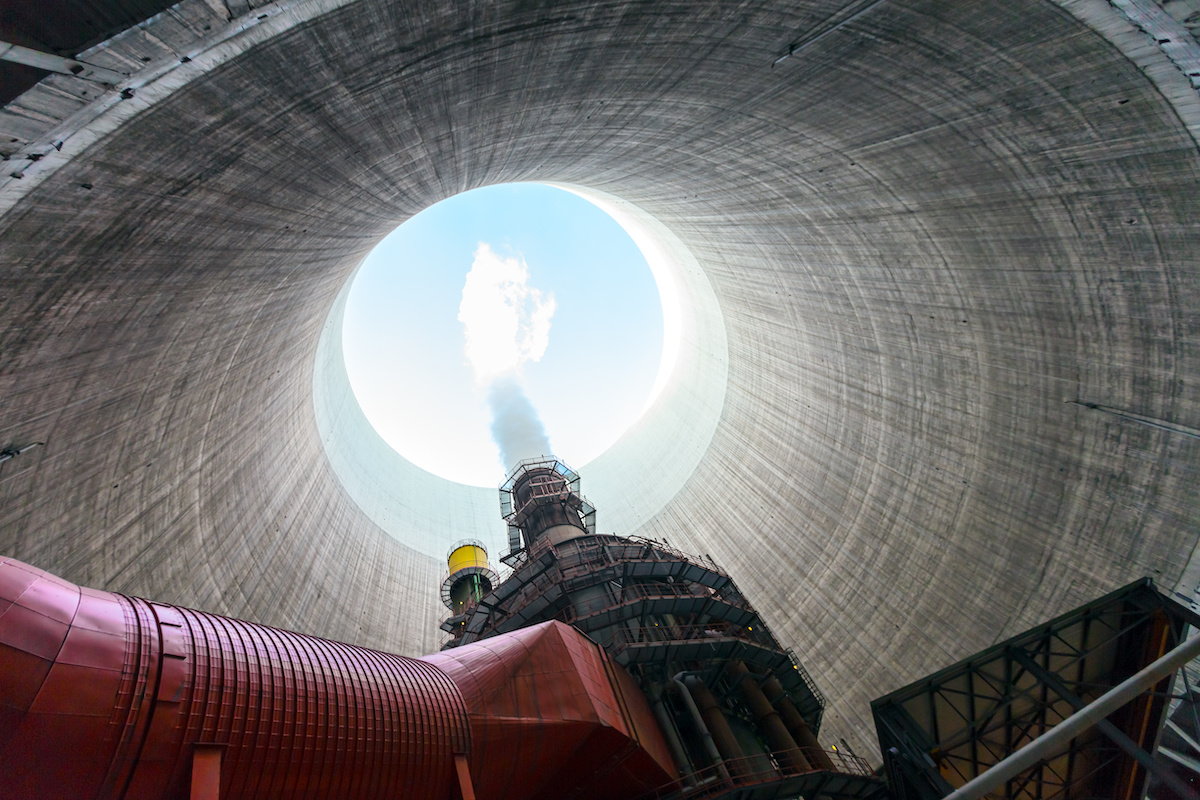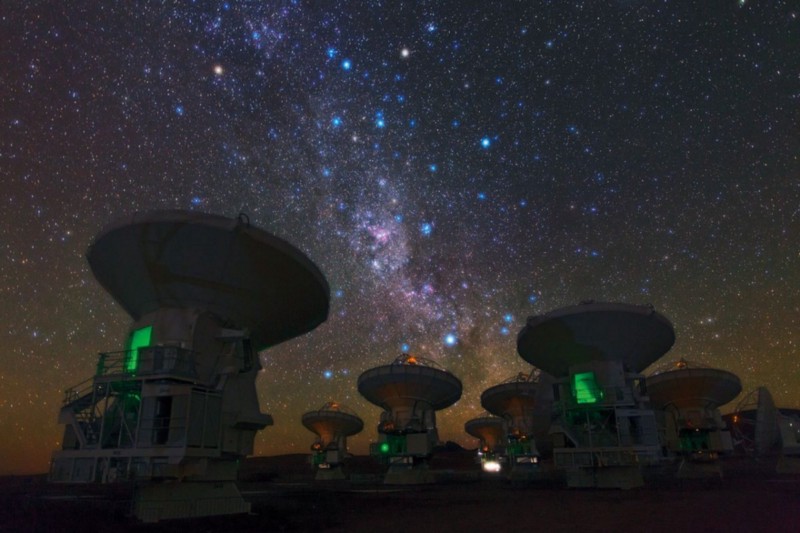Husk Power: A Sustainable, Affordable Alternative to Kerosene Lamps

In rural India, over half of all households don’t have electricity. To light households and power commercial equipment, villages use kerosene lanterns, which are both expensive and environmentally harmful. But there seems to be a smarter, cheaper, more sustainable alternative to electricity. Husk Power Systems is an innovative biomass gasification technology that converts rice husks – an abundant resource in rural agricultural communities – into combustible gases driving a generator to produce clean, safe, efficient and affordable electricity.
By the end of the year, HPS anticipates to have 50 plants in place, electrifying 125 villages, hoping to deploy 2000 plants in 5,000 villages in the long term, creating some 6,000 jobs.
Funded by social entrepreneurship venture Acumen Fund, HPS offers a smart solution for turning biomass waste into a useful, sustainable, affordable energy resource for areas where light – something we take for granted – is a key to everything from education to employment to safety.
Maria Popova is the editor of Brain Pickings, a curated inventory of miscellaneous interestingness. She writes for Wired UK, GOOD Magazine and Huffington Post, and spends a shameful amount of time on Twitter.





